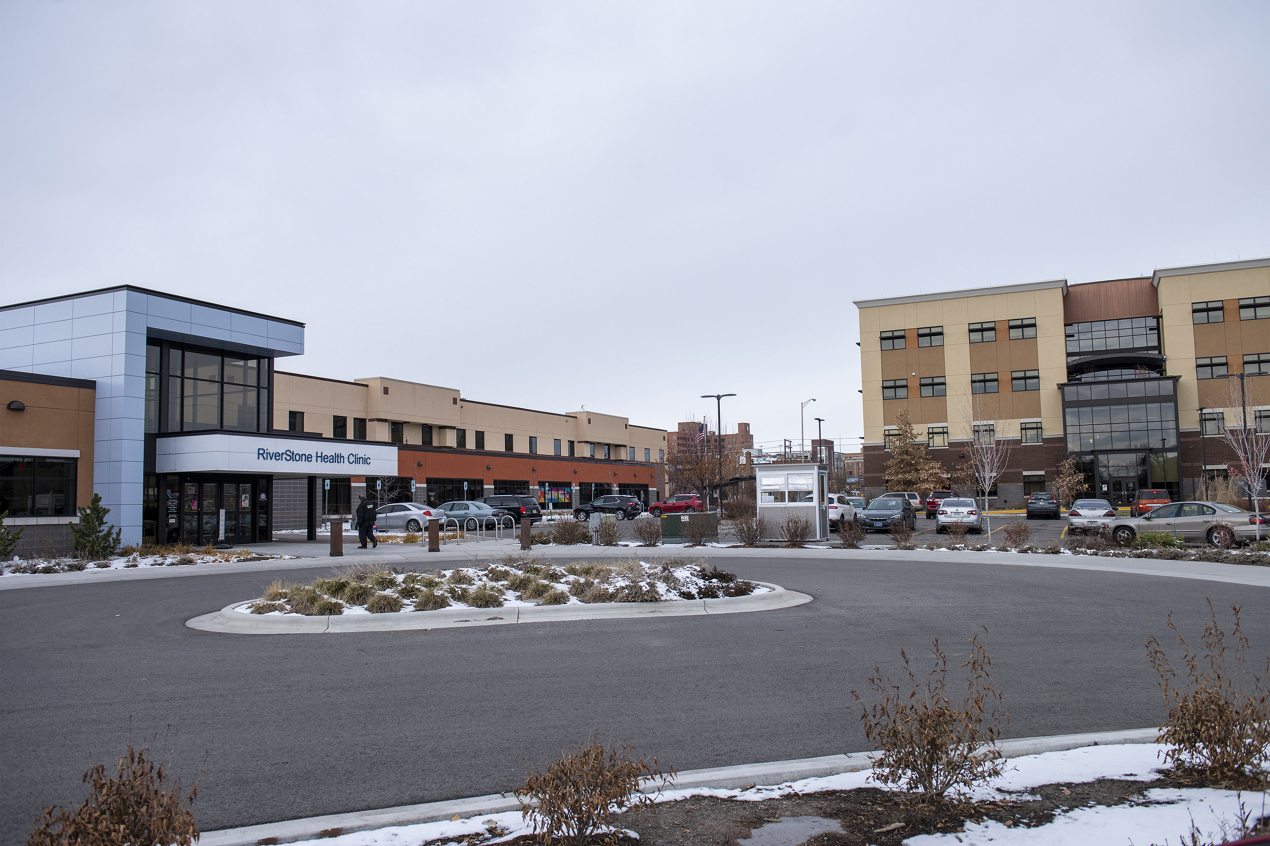One of Montana’s largest health clinics, RiverStone Health, has been forced to cut back on services and lay off workers due to significant financial challenges. This move reflects a broader trend across the nation as safety-net health centers struggle with the aftermath of states purging their Medicaid rolls. RiverStone Health, based in Billings, is eliminating 42 jobs this spring, representing nearly 10% of its workforce. This reduction has led to the closure of an inpatient hospice facility, a center for managing high blood pressure, and the removal of a nurse serving rural schools. Additionally, the clinic’s behavioral health care team and staff focused on serving people without housing have been downsized.

Medicaid Purge and Financial Impact
CEO Jon Forte attributes a $3.2 million revenue loss primarily to Montana officials disenrolling a substantial number of patients from Medicaid. “That has just put us in a hole that we could not overcome,” Forte said. This situation has severely affected RiverStone’s financial stability, pushing the clinic further into the red than anticipated.
RiverStone is one of nearly 1,400 federally funded clinics in the U.S. designed to serve people who face disproportionate barriers to care, including those in rural and urban underserved areas. These clinics, serving over 30 million people, rely heavily on Medicaid reimbursements, as they cater to a higher proportion of low-income individuals.
The Broader Crisis
The issue stems from a process known as Medicaid “unwinding,” where states reevaluate eligibility for Medicaid following a two-year freeze on disenrollments during the COVID-19 public health emergency. As of May 23, more than 22 million people nationwide had lost coverage, including about 134,000 in Montana—12% of the state’s population. Many of these disenrollments were due to paperwork issues rather than changes in eligibility.
This reevaluation has left health centers offering more care without corresponding payment. As patient volumes drop, so does the revenue, forcing clinics like RiverStone to cut essential services. Jon Ebelt, communications director for the Montana Department of Public Health and Human Services, stated that the agency is not responsible for the business decisions of individual organizations but is focused on maintaining safety-net systems and preventing Medicaid misuse.
Nationwide Impact
The financial strain is not unique to Montana. Health centers across the country are experiencing similar issues, with increased operational costs, a tight workforce, and fewer insured patients. Clinics in California and Colorado have also announced cuts. Amanda Pears Kelly, CEO of Advocates for Community Health, noted, “It’s happening in all corners of the country.”
A survey by George Washington University and the National Association of Community Health Centers found that nearly a quarter of community health center patients who rely on Medicaid have been cut from the program, leading to significant financial losses for these centers. On average, each center lost about $600,000, with one in ten reducing staff or services.
The Future of RiverStone Health
Until recently, RiverStone had been financially stable. However, rising expenses during the pandemic outpaced revenue, and the Medicaid redetermination process further eroded their financial buffer. Forte plans to request an increase in Medicaid reimbursement rates from state officials, arguing that current rates do not cover the cost of care.
In response to financial pressures, some health centers are reverting to pre-pandemic staffing levels or cutting long-standing programs. For example, California’s Petaluma Health Center laid off 32 people, and Colorado’s Clinica Family Health reduced its workforce by 8% and consolidated its services.

Stephanie Brooks, policy director of the Colorado Community Health Network, mentioned that some centers are considering consolidating or closing clinics due to the financial strain. Forte expressed frustration over reducing services so soon after the pandemic, emphasizing the negative impact on both healthcare workers and patients. “This is so counterproductive and counterintuitive to what we’re trying to do to meet the health care needs of our community,” he said.
